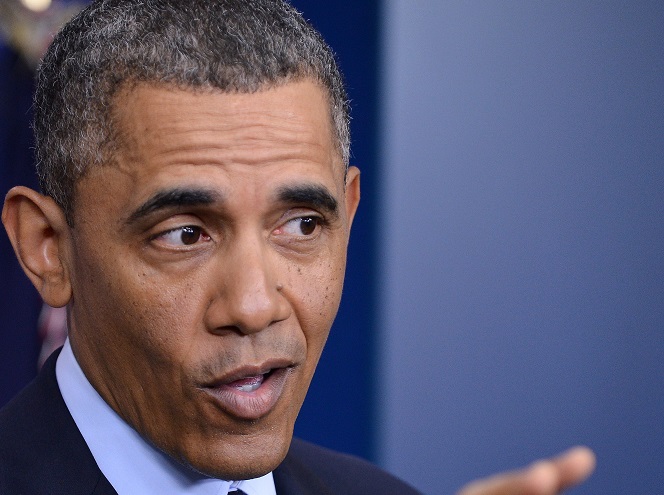CAIRO: As reforming the interior ministry continues to top the list of demands of Egypt’s revolution, experts remain skeptical over whether it is moving in the right direction or is even underway.
At a seminar held at the Cairo Institute for Human Rights Studies on Wednesday, Ahmed El-Dessouki, director of communications for civil society organizations and representative of the Ministry of Interior, said that after Jan. 25, the ministry’s principles and mechanisms have changed.
He explained that it now seeks reform as well as respects the Egyptian citizen and the rule of law. The ministry is also relying on the expertise of civil society leaders and organizations to help in the reform process, he said.
Reform cannot happen overnight, El-Dessouki said, adding that the police was part of the country’s political system. He explained that the people should change their impression of the police and start believing that the police are there to protect the citizens.
El-Dessouki highlight some of the steps the ministry took towards reform including drafting a new law that governs the National Security Apparatus, which replaced the disbanded State Security.
“There is a law that will be announced soon; it will regulate the power of the National Security Apparatus and it will not take any decisions without the approval of the general prosecution and the judiciary,” El-Dessouki said.
The ministry also relied on the expertise of local and foreign experts to help improve the curricula of the police academy. According to El-Dessouki, the president of the police academy said that no student will be rejected because of their political or religious background.
On the other hand, Gamal Eid, lawyer and director of the Arabic Network of Human Rights Information, said that while the Ministry of Interior has the intention for reform, he doubts its willingness to do so. The reform should be from inside and outside the Ministry, he said, starting with the Supreme Council of the Armed Forces (SCAF) because it is the current ruler.
“The restructuring of the Ministry of Interior could be delayed if the political will dwindled,” Eid said.
He also said that the relocation of 505 brigades indicates that what is happening in the ministry is not a “purging” process but rather a process of modifications.
“It is very important to make public the procedures and the punishments of the officers [accused of killing protesters] to reassure the people and avoid frustration,” he added.
Meanwhile, Khaled El-Balshi, editor in chief of the online newspaper Al-Badil, denied that the interior ministry is undergoing a reform process altogether.
“The Ministry of Interior misleads us, the corrupt officers got promoted,” El-Balshi said, “We need to feel that the ministry is willing to change its policies.”
Mohamed Mahfouz, former police officer and member of the movement “Honorable Police Officers,” said that another initiative was launched titled “Police is Egypt’s people” which aims to change the old system ideologies of the police.
“We will send this idea to the SCAF and we, as civil society organizations, hope that the initiative will be accepted. If there is no reform within the interior ministry, there will be no democracy in Egypt,” Mahfouz said.
Mahfouz highlighted three main steps towards reform; purging, accountability and supervision.
“There is no purge without accountability; and there must be constitutional and community supervision,” Mahfouz said.
He added that Egypt needs civilian police, transition from central administration to local administration, and political governance.
Mahmoud Abdel Nabi, a police officer, argued that the main problem with the Ministry of Interior is bad governance.
“I had a plan to control the situation after the revolution; to treat the injured in police hospitals and give them monthly pension, but no one in the ministry was concerned,” Abdel Nabi said.
“I announced that it is easy to identify the names of the snipers, their weapons and their places in maximum 10 days,” he added.
At the end of the conference El-Dessouki concluded that the Ministry of Interior is changing as a result of the revolution and welcomes suggestion as well as criticism that may help in the reform process.

